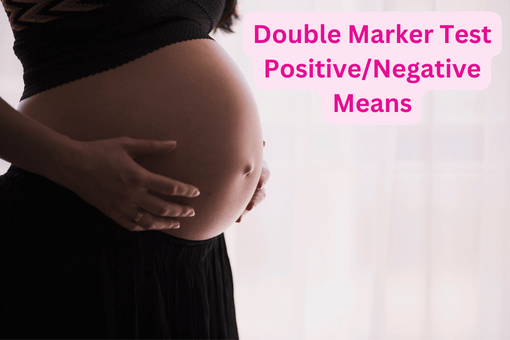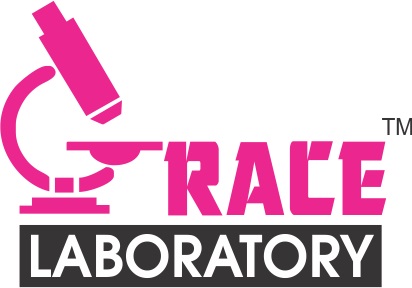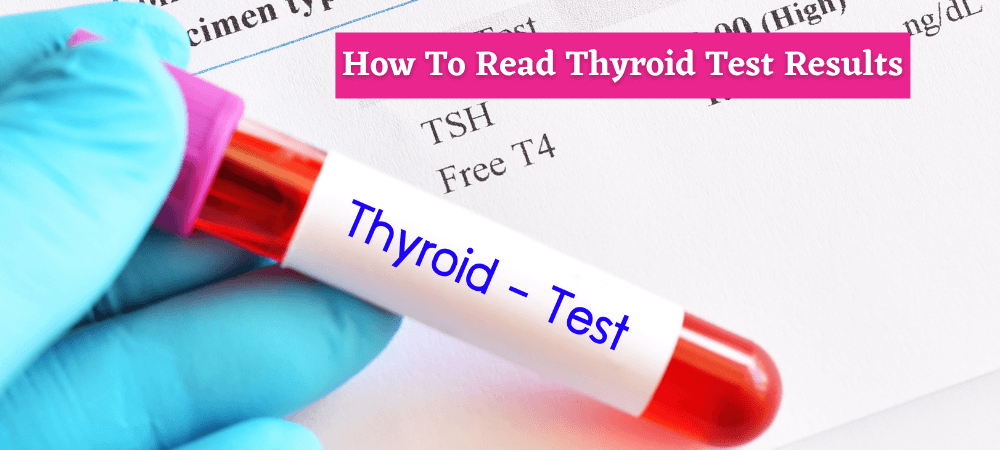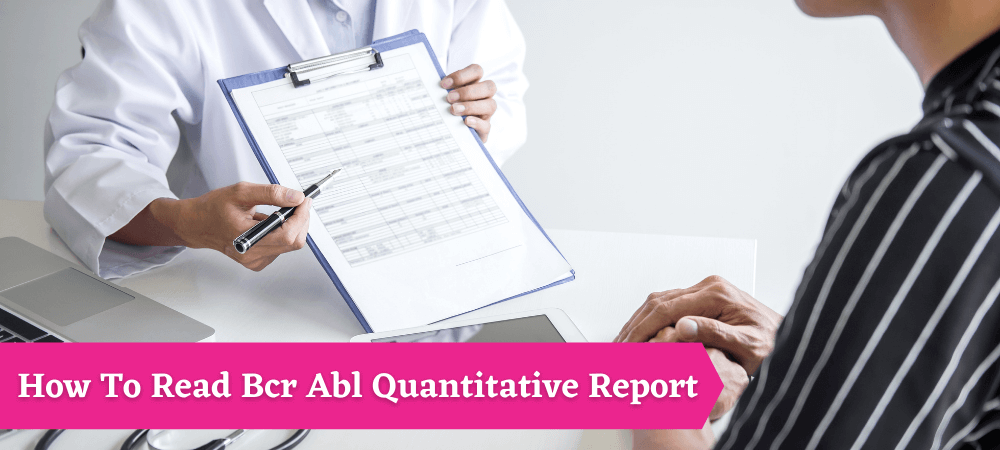Women go through a wide range of emotions during pregnancy. It also includes concerns regarding the health of unborn children. Therefore, certain tests and scans are available to deal with such concerns and put the parents at ease.
One such test is the double marker test. It is associated with determining the possibility of chromosomal abnormalities in the unborn child.
What is a double marker test in pregnancy?
A double marker test is a predictive test performed during the first trimester to detect chromosomal abnormalities. It is a pregnancy screening test that helps determine the healthy development of the fetus.
It is not a definitive test, meaning its results report the possibility of chromosomal abnormalities.
Why is a double marker test done?
A double marker test is not mandatory. It is usually recommended for women above 35 years old or those with an elevated risk of chromosomal issues, especially if somebody has a family history of certain conditions.

Remember that the results only indicate whether there is an increased risk of trisomies. It does not definitively detect if a baby will have any abnormalities.
Double marker test positive means
When double marker test results are positive, it indicates a moderate or high risk for abnormalities. In that case, the results can be confirmed with more definitive and sometimes more invasive tests like NIPT (Non-Invasive Prenatal Testing) or amniocentesis.
Though these tests pose some risk to your pregnancy, they provide definitive results.
Also read: Double Marker Test vs. NIPT
The double marker test results are presented in the form of ratios. When the ratio range is between 1:10 to 1:250, it is a positive result – a high-risk zone. A ratio of 1:1000 or above is termed a negative test result – low risk.

Double marker test negative means
When double marker test results are negative, it is considered a “normal” result, meaning the baby has a lower probability of chromosomal abnormalities. When the results lie in the normal range, you might be recommended for further testing if there is some other indication, such as age, family history etc.
But one thing to note is that a low-risk result does not always mean that your baby will not have an issue.
If you are pregnant and have similar concerns regarding your unborn baby, you can visit us at Grace Laboratory to book an appointment for a double marker test.





